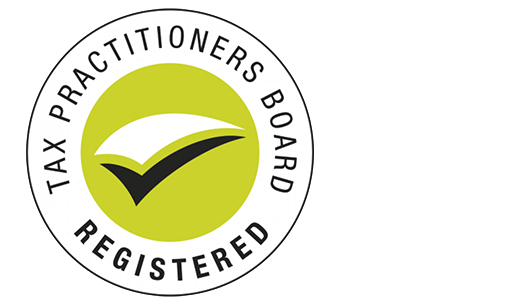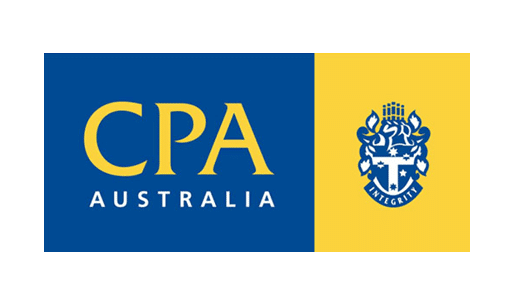
Well, the trick is to know which receipts to collect and which ones not to waste your time with.
Your ultimate aim is to deduct all your legitimate expenses from your taxable income so that you reduce the tax you have to pay.
An allowable tax deduction is the amount you paid for something which is connected with the work you do to earn your income.
For example:
- You work in retail and you pay your union membership to the Shop, Distributive and Allied Employee’s Union (SDA) – these fees are deductible as there is a connection between being a retail assistant and the SDA.
- You are a plumber and your employer has given you pair of overalls with the company logo on, you need to wash your overalls regularly – then you can claim the cost of the laundry. Either by $1 per load (all your uniforms with a company logo on them) or $0.50 per load (mix clothes – work clothes and everyday clothes)
- If you are a bricklayer, you have a ute which you carry your heavy equipment, then you can claim the motor vehicle expenses if you have a log book and keep the receipts – you will need to keep a log book for 12 weeks every 3 years. Alternatively you could claim the cents per kilometre method – but you are limited to 5000 kilometres.
- If you are a truck driver and you bought a pair of sunglasses which cost you $300, you leave them in your truck and only use them for work, you can claim the $300 deduction. But if you take them out of your truck and use them driving home and on the weekends when you are not working then you will need to apportion the cost over the business usage.
Please note that if you are just a regular employee and only use your car to drive to work and back, you will not be able to claim any motor vehicle expenses as this is classified as being private/domestic in nature. Not incurred in earning assessable income.
You can also deduct the following expenses:
- Donation to a charity – it must be a Deductible Gift Recipient, the donation is $2 or more (at one time), make sure you get a receipt. If you receive a flower or a fridge magnet, you will not be able to claim a deduction as you have received something in return. It must be a voluntary donation, with no prospect of receiving anything in return.
- The cost of preparing your tax return – they must be a registered tax agent, not just your friend around the corner who helped you and you paid them $20.00
- The cost of driving to your tax agent to prepare you tax return. Make a note of the kilometres travelled.
There are also rebates that you may be edible for:
- If you claimed medical expenses offset in your previous tax return and if your out of pocket medical expenses are greater than the threshold then you can claim again in the current years tax return. If you did not claim in your last years income tax return, then you will never be able to claim for this again.
- If your taxable income is between $0 to $37,000 then you are eligible for the low income earners offset of $445.00.
These are just a few examples. You can always look on the internet for general information or try the Australian Taxation Office Website.
The main thing to remember is to be able to deduct an expense there needs to be a connection with earning assessable income. If the item has a personal component then you will need to apportion the cost between the deductible and personal amount.
You will be denied a deduction if it is of a private or domestic nature – this means you catch the bus to work, you buy a new dress, that anyone can buy, sorry there is no deduction for this.
Say, you bought a laptop for work which cost you $2,000, this would be classified as capital in nature. So what would happen in this case is that you can claim the depreciation over the useful life of the asset, based on the ATO tables.
Yes, this only skims the surface of what you need to know. Yes it can be very confusing.
If you need more information about allowable deductions, please do not hesitate to contact us either via email: reception@optimapartners.com.au or phone: 08 6267 2200.
We are always happy to help.
Zoi Yannakis – Accountant
OPTIMA PARTNERS





Leave a Comment